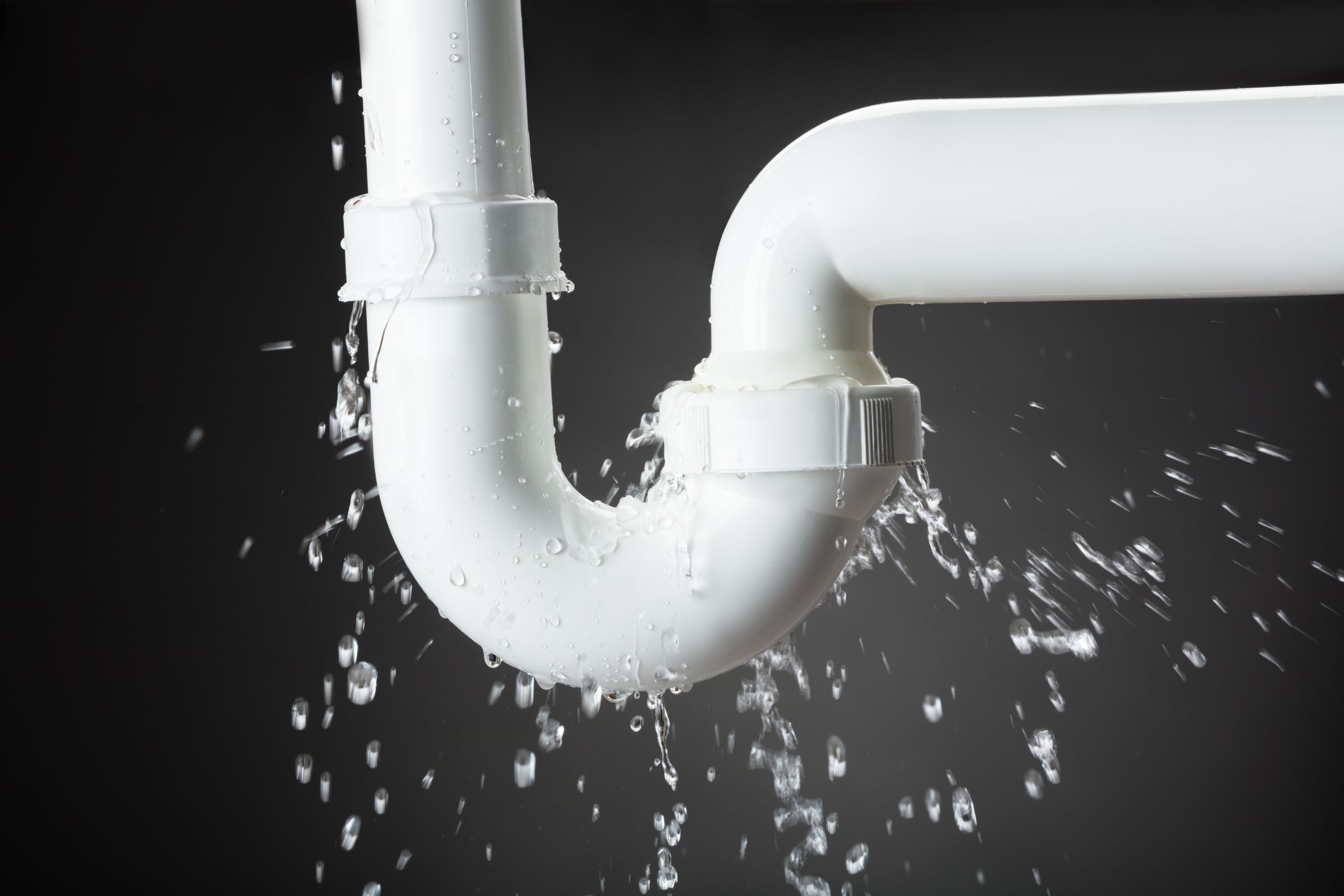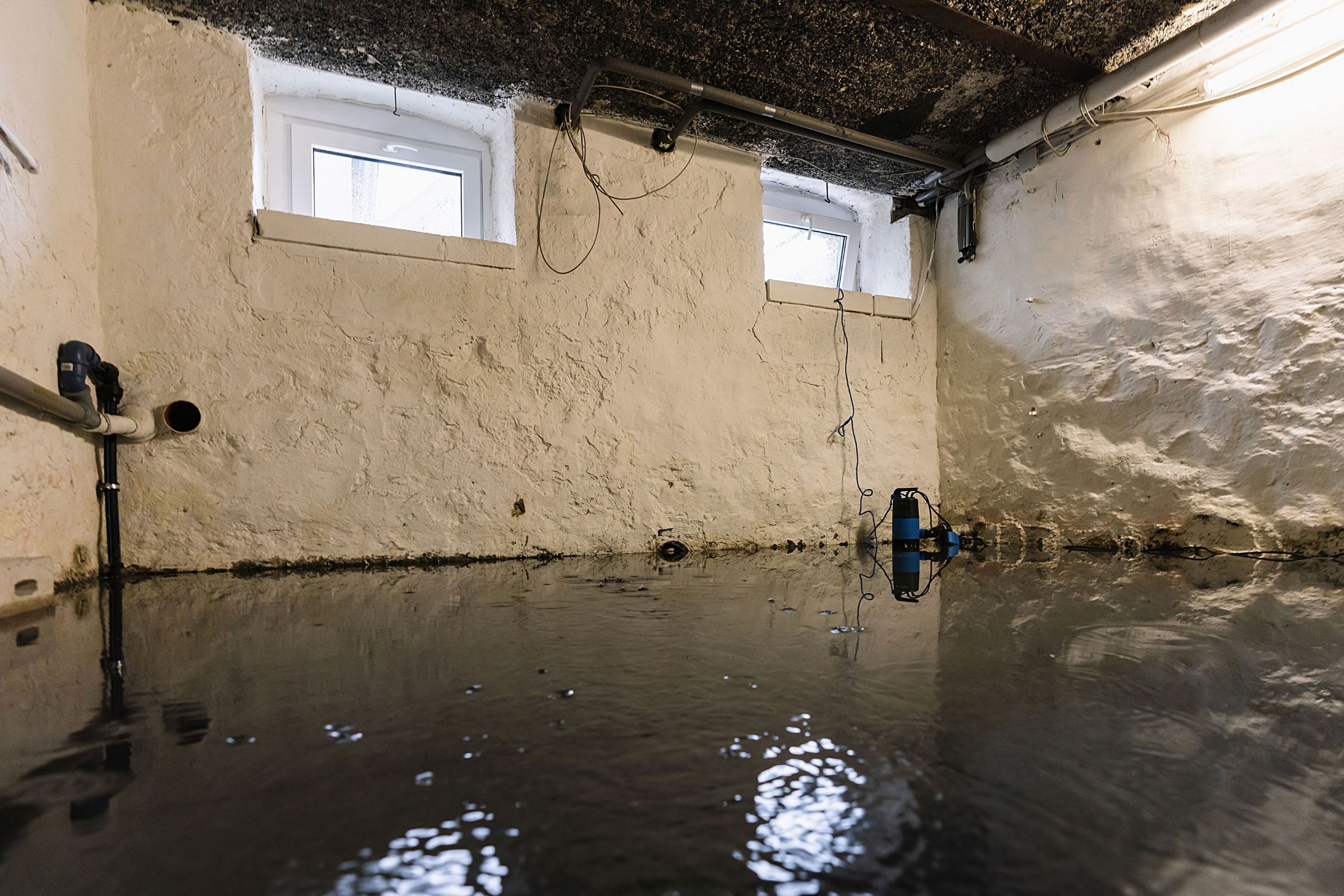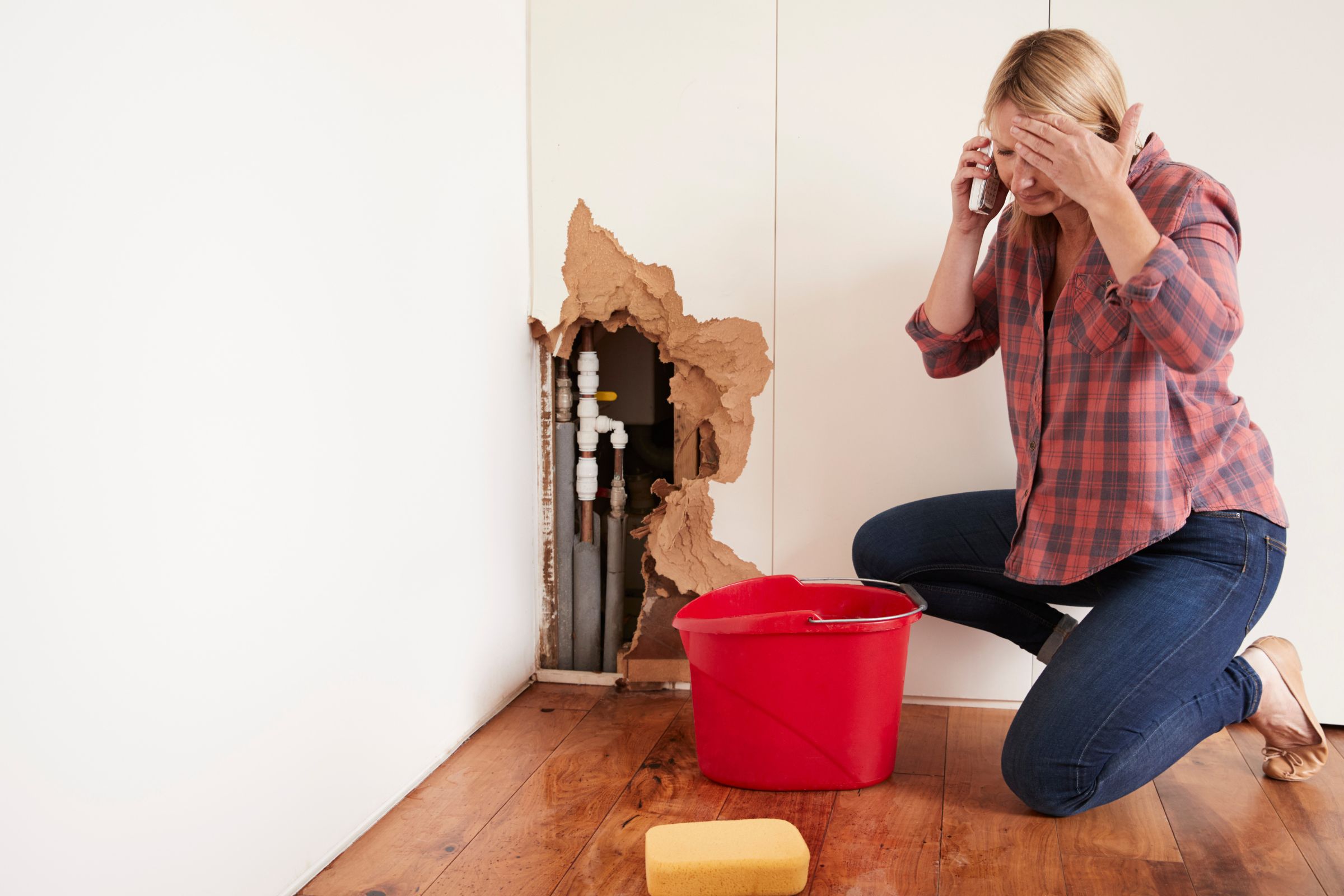
Preventing Frozen Pipes: Winter Maintenance Tips for Homeowners and Businesses
Winter weather in New Jersey can be unpredictable, and sudden drops in temperature pose a major threat to your plumbing. Preventing frozen pipes is one of the most important steps homeowners and business owners can take to avoid burst pipes, water damage, and costly repairs. Whether you own a home or manage a commercial property, winter preparation is key to maintaining your plumbing system and protecting your investment.
Why Do Pipes Freeze?
When temperatures fall below 32°F, water inside your pipes can freeze—especially if the pipes are exposed, poorly insulated, or located in unheated areas like basements, attics, garages, and crawl spaces. As water freezes, it expands, creating pressure inside the pipes. Eventually, this pressure can cause the pipe to burst, leading to extensive flooding and property damage.
Knowing where and why pipes freeze is the first step toward effective prevention.
Winter Maintenance Tips for Homeowners
Here are some essential winter plumbing tips for homeowners to help prevent your pipes from freezing:
- Install pipe insulation for winter: Use foam sleeves or heat tape to insulate exposed pipes, especially those near exterior walls or in unheated spaces.
- Keep your thermostat consistent: Set your thermostat to a minimum of 55°F at all times—even when you’re away. Sudden drops in temperature can catch you off guard.
- Seal drafts and leaks: Use caulk or spray foam to seal gaps around windows, doors, and where pipes enter walls. This keeps warm air in and cold air out.
- Let faucets drip slightly: Running a small amount of water helps prevent pressure buildup in the pipes, reducing the risk of freezing.
- Open cabinet doors: Allow warmer air to circulate around pipes under sinks, especially in kitchens and bathrooms.
These simple steps go a long way in preventing frozen pipes and minimizing the risk of winter plumbing emergencies.
Winter Maintenance for Businesses
Businesses have unique needs when it comes to winter maintenance for businesses, especially in larger buildings or facilities that are partially unoccupied during evenings or weekends.
Tips for Commercial Properties:
- Schedule regular inspections: Ensure all plumbing and HVAC systems are functioning properly before the deep freeze sets in.
- Protect exterior faucets and sprinkler systems: Drain and shut off outdoor systems to prevent freezing.
- Maintain consistent heat levels: If your business has unused sections, don’t turn the heat off completely—just lower it to a safe level.
- Use pipe insulation for winter in storage rooms, warehouses, and utility areas where heating may be limited.
- Create a winter emergency plan: Include contact numbers for plumbers and instructions for shutting off the main water supply.
Following these tips ensures business continuity and reduces the risk of insurance claims or shutdowns caused by burst pipes.
What to Do if Pipes Freeze
Even with preparation, pipes can still freeze. Here’s a quick frozen pipe prevention guide on what to do if you suspect your pipes are frozen:
- Turn off the main water supply to minimize flooding if the pipe bursts.
- Apply heat to the frozen section using a space heater, heat lamp, or hairdryer. Never use an open flame.
- Open the faucet to allow water to flow once the pipe thaws.
- Call a licensed plumber if you can’t locate the frozen section or if the pipe has already burst.
Quick response is essential in preventing further damage and restoring water flow safely.
Conclusion
Freezing temperatures are inevitable, but frozen pipes don’t have to be. By following these winter plumbing tips for homeowners and applying smart winter maintenance for businesses, you can avoid one of winter’s most damaging problems.
Investing in pipe insulation for winter, sealing drafts, and knowing what to do in an emergency will give you peace of mind—and potentially save thousands in repair costs. Use this frozen pipe prevention guide to prepare your property before the next cold snap hits.
Need help assessing your property for winter risks? Contact a local expert today for a customized prevention plan.



